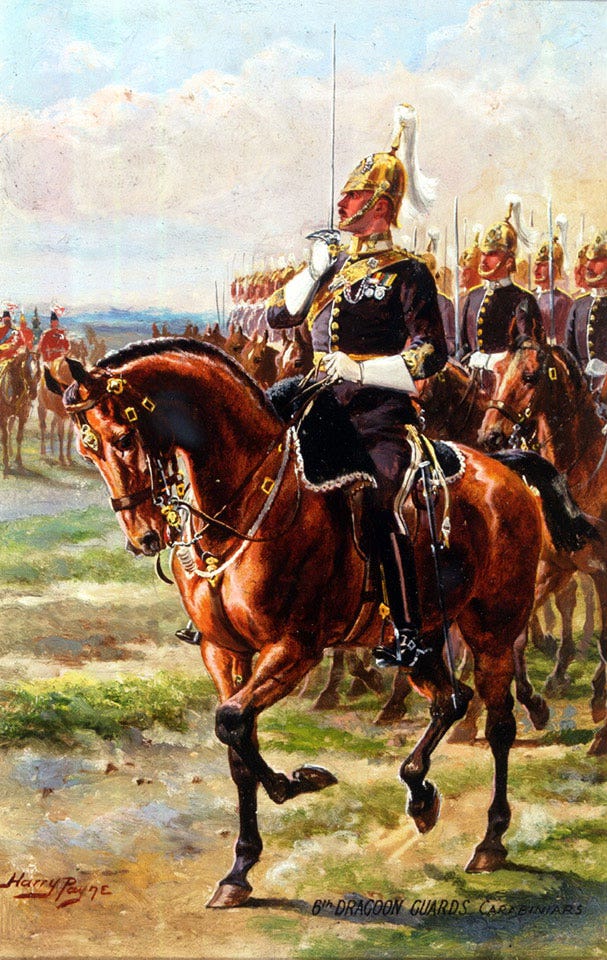I’m planning a graveyard expedition.
Browsing through the Cornish Online Parish Clerks database (I owe a deep gratitude to the volunteers who have given so many hours to transcribe vast records and open up these extraordinary stories) the baptisms, marriages and burial records of my ancestors document a repetitive roll call of local parishes; Lezant, Stoke Climsland, Werrington, Boyton, Launceston…
Most of the hundreds of maternal ancestors I have drifted with digitally lived out their days in a handful of parishes, on land which drained into the Tamar. You’ll find more about other Tamaran ancestors here.
There are a handful who followed their countrymen to the promise of a new start in north America or headed for the mines in Australia, but most of my ancestors would have never seen the world beyond Devon, let alone across the ocean.
The transcription of the gravestones in Werrington churchyard however throw up a startling discovery. The inscription record for my 3x Great Grandparents, John (1814 - 1890) and Jane Walters (1814 - 1889) has a small, unexpected footnote:
Samuel their son, Riding Master 6th Dragoon Guard who died at Umballa June 1st 1878
How did a victorian Cornish lad came to end his days in the Punjab?
There is very little military history in our family, (another 2nd Great-granduncle joined the Commissariat and Transport Corps in 1884 and died of measles in the military hospital in Woolwich 18 months later – more of his story later), so how this West Country boy came to die in the Punjab in 1878 is a mystery I can’t resist.
Rarely a day goes by when my ears are not plugged in for a voyage of discovery through a podcast. One of my enduring fascinations is the rich seam of stories I was deeply ignorant of which Anita Anand and William Dalrymple bring to life through Empire pod.
The difficult tales of our colonial past across the globe in particular feeds my curiosity and has brought a context and understanding I was utterly lacking before. The stories of the East India company, the transition to the Raj, the magnificent Mughal civilisations and our conquests into Afghanistan in the 1800s bring so much more richness to the context of our own world.
I recalled the episodes about the Anglo-Afghan wars of the 1800s and the so-called Great Game left a colourful mark in my mind, (if that’s what a ‘great’ game looks like I really don’t want to know about the rubbish ones). It had seemed very far away in time and space, but now I discover that the brother of an old dude whose photo hung for years on the landing at home, died as part of that particular colonial folly.
And so this inscription, an afterthought on a gravestone in a small churchyard in the Tamar Valley, set me off on a deep expedition into a personal story.
Please note as you read on, I’ll use the place names as they were reported in Britain at the time – they are of course anglicized and reflect the colonial era which paid little heed to local heritage.

The gravestone and Samuel’s military records show he died on 1st June 1878 in Umballa in the Punjab where he was a Riding Master with the 6th Dragoon Guards.
What would become the 2nd Anglo-Afghan war was yet to start. That offensive, kick-started by British imperial nervousness at the Russians popping over the border to visit Sher Ali, the Emir of Afghanistan, would unfold from November 1878. The 6th Dragoons were part of an army of 40,000 assembled to invade Afghanistan, they would go on to fight in the Khyber Pass heading for Jelalabad whilst other groups battled their way towards Kabul and Kandahar. All these names are so familiar, for all the wrong reasons, from more recent conflicts.
I haven’t found records yet to indicate how he died, but as he was still in the north west frontier of the British empire it’s highly likely that his death wasn’t a direct result of conflict.
I’m curious to find out more, and to discover how he might have joined up in the first place. Read the next instalment here.
09 A passage to India
Continuing my quest to discover how a victorian Cornish lad came to end his days in the Punjab.



